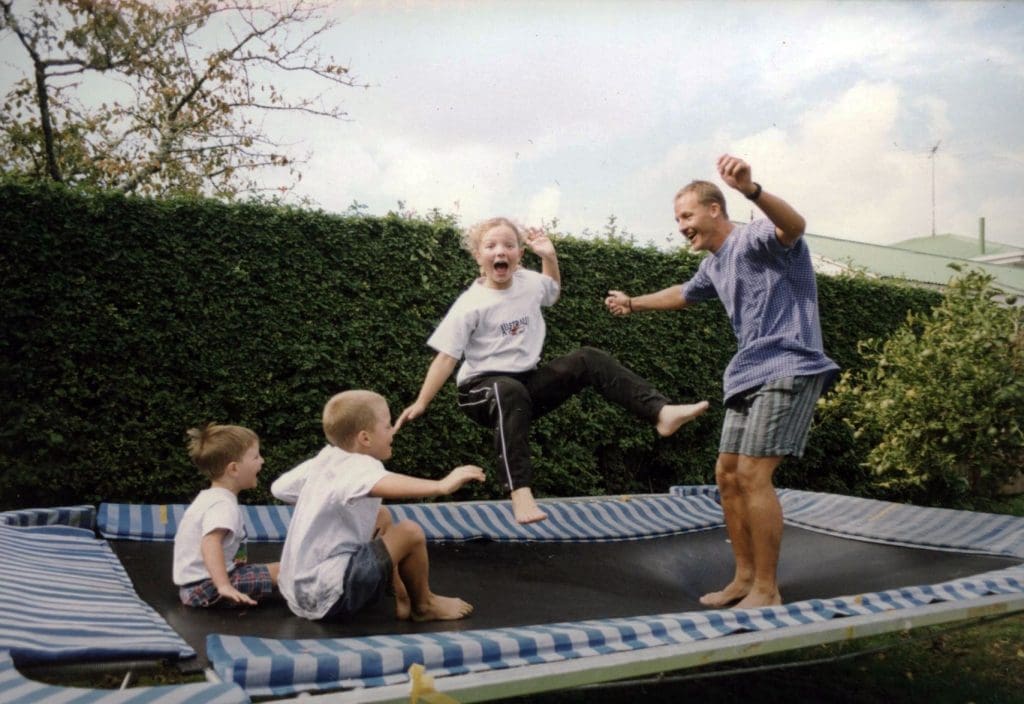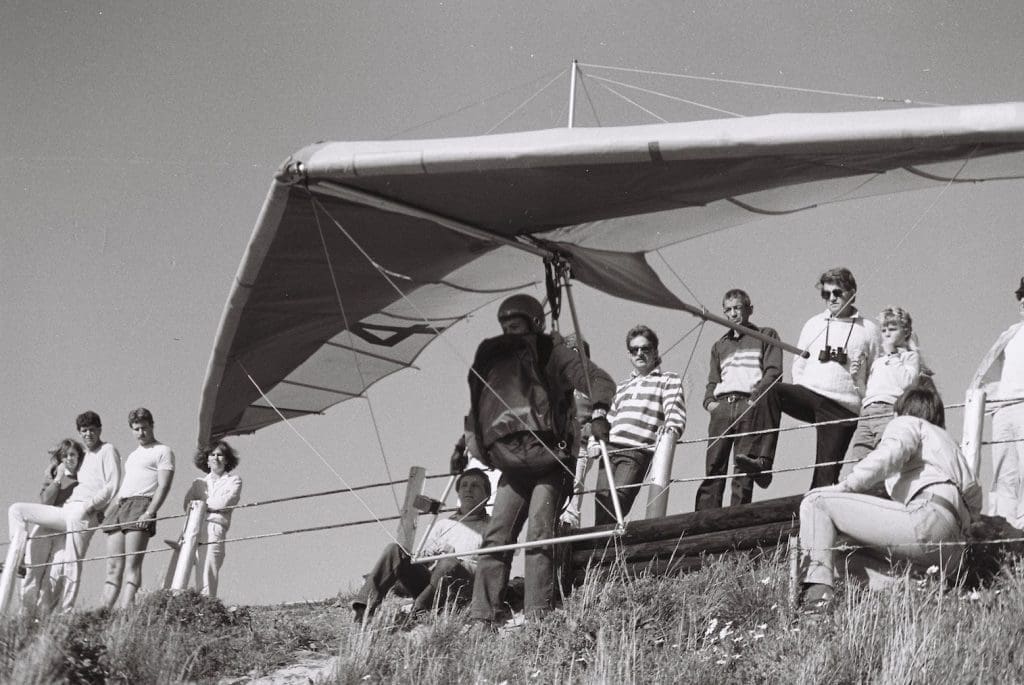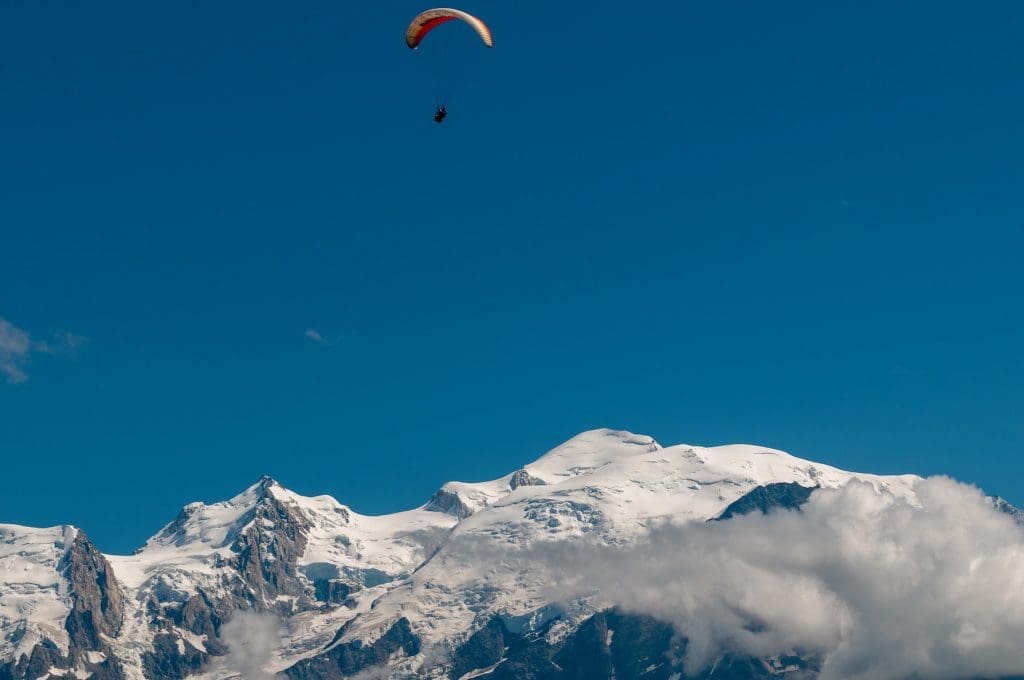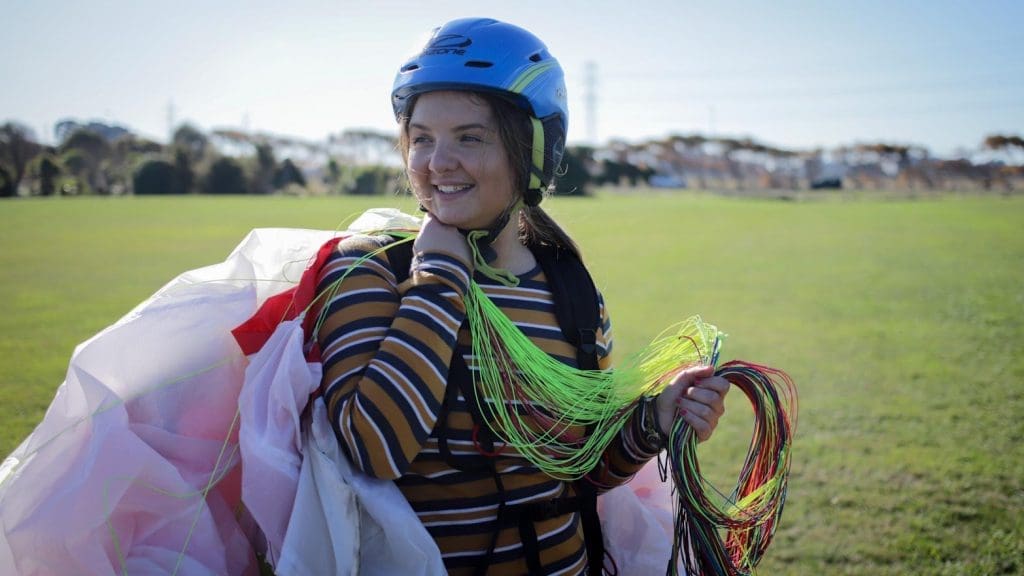As the End of Life referendum approaches, filmmaker Ashley Williams writes about why she chose to create Going Home, a documentary that not only looks at how her beloved Uncle Clive lived his exciting, vibrant life and why he chose the death he did.
*Trigger warning* this story contains suicidal themes
The following story is a personal one. Ten years ago my uncle Clive passed away – he was terminally ill with pancreatic cancer, however this is not how he died. Recently I was funded through short documentary initiative Loading Docs to make the film Going Home and decided to tell this story for my own healing. I realised that within a documentary I could speak both to my own experience of what happened to him, while also speaking to the man that Clive was when he was truly living.
Regardless of how someone dies, it is actually in their living that we remember them. I saw the process of making this film, and flying, as a way to commemorate his life, not just his death. A living act of commemoration.

My mum and dad are from South Africa. The only extended family I grew up with around me was Clive. He had hopeless patience, and never any food in the fridge when my brothers and I went to stay with him as kids. He was fun, spontaneous, caring and the life and the soul of the party. A very vibrant man. Mum and Clive were very close. When they were younger, she used to drive him up to hang-glide and sit reading, sometimes for hours, while she waited for him to come down from the sky.
I remember, it was Boxing Day 2009. Clive was usually forcing us into a pool or a swim in the ocean. This year was different though. He went to his room to rest. This was the day we found out he had cancer. Mum moved to Christchurch to be his carer. There was a consistent physical decline to the point where he was unable to even walk. He had to wear red braces just to keep his pants up. All this for a once-strong yoga instructor, who was hugely active in extreme sports such as hang gliding and rock climbing. Clive wrote: “The hard part is seeing my body breaking down in front of me and the pain and discomfort springing out like cracks in a dam wall. This has been tough.”


I visited him when I could, however he wasn’t keen on too many visitors near the end. He fought as hard as he could with the available treatments. But it became evident, with the devastating realisation of their failure, that success for him would come from figuring out a way to deal positively with the inevitability of his death. As the months passed, he wrote letters, he travelled to say goodbye to his homeland of South Africa, and he sought to establish an understanding and peace, not just for himself, but for those he loved so they weren’t left completely without him when he was gone.
“The goodbyes are/were hard; death in some ways seems the much easier thing to deal with. Letting go of the attachments of a lifetime of happy memories and adventures with so many good friends and family, this is the hard part.”
Reading over the twelve letters he wrote in his last eleven months, I saw a deep change occurring within this beautiful man facing his mortality. As Clive experienced his body weakening, his quest for spiritual wisdom grew. That shift became my greatest lesson in the process of making this film. Always purposeful, Clive began to seek a way through that allowed him a grace and dignity that the illness was stripping him of.
After returning from his final visit to South Africa he decided that his last steps on this earth would be in his adopted home of New Zealand. As the cancer denied him the option to live a longer life, he began making choices around what he could control. He always sought to maintain a life on his own terms. The more it became clear that he had no choice between living or dying, the more he looked at what choices were still left available to him.
One of the biggest choices he could make was in his attitude and perspective. In one letter he wrote: “How does one cope with the finality of death? I am not sure, but I do know that much of the journey is about the state of mind… I am grateful that I have had time to prepare over the last few months to make this walk.”
Clive sought direction through positivity, and was more conscious and ‘present’ than those of us who are still so fortunate to be healthy. He chose to see cancer as a gift that gave him “The opportunity to prepare for the goodbyes”, have time with friends, sit in the sun, and sort his affairs. “These are gifts that no money can bring.”


He became fond of the Native American philosophy of the Red Road. His letters speak of a growing acknowledgement of his place and purpose within a greater connected universe and rights as human beings. The right to beliefs, to happiness, to truth, to not be afraid.
“Chief Tecumseh tells us ‘Sing your death song and die like a hero going home.’ I am not a hero, but the essence of “going home” gives me hope that my journey I have made here on earth is just part of a bigger journey that we will all make.”
As his time drew closer, Clive called family and friends together to spend a Sunday with him to say his goodbyes. He phoned me a few days before his passing and told me he loved me. He encouraged me to choose one thing and do it well and this is why I chose filmmaking. In rock climbing, Clive taught me to “take each step, one limb at a time”, and this is how I continue to approach my work.
On the anniversary of his father’s death, knowing his body was in its final stages and unable to eat his breakfast, my uncle Clive stepped from this world into the next part of his journey. He had few choices left available to him. No choice to live or to die. He had chosen where. And now he chose when. It must have been so tough, but as his dying was now inevitable, taking control of how he died became his final, defining victory over the cancer. The ‘inner’ of him needed to release the ‘external’ of him on his own terms.
So now we have before us an End of Life Choice referendum. This law is proposed for those suffering from a terminal illness that is likely to end their life within six months, have unbearable suffering that cannot be eased and who are of a sound mind and able to make an informed decision. Dying is inevitable for those people that the End of Life Choice bill could affect most. A law change could embed real support for people who need it in their time of pain and suffering, and in doing so – also provide support and care for those left behind.
My main aim of this film was not to sway people politically, but to connect with those that know what it is like to lose, or be losing someone, and to help heal – past and future – and potentially give some insight. I love my uncle. He was an inspiration and a mentor in so many ways, and through this film continues to be. I’m sure he is chuckling from wherever he is!
My Loading Docs short documentary, Going Home, is deeply personal and I hope this film opens a door and gives an understanding to those that connect with it.


Please read the bill and consider for yourself how you want to vote. My hope is that people will be compassionate and vote with their hearts and their minds.
Going Home is part of the Loading Docs 2020 collection. The film can be viewed online now
Need to talk? Free call or text 1737 any time for support from a trained counsellor
Lifeline – 0800 543 354 (0800 LIFELINE) or free text 4357 (HELP)
Suicide Crisis Helpline – 0508 828 865 (0508 TAUTOKO)
Healthline – 0800 611 116
Samaritans – 0800 726 666

